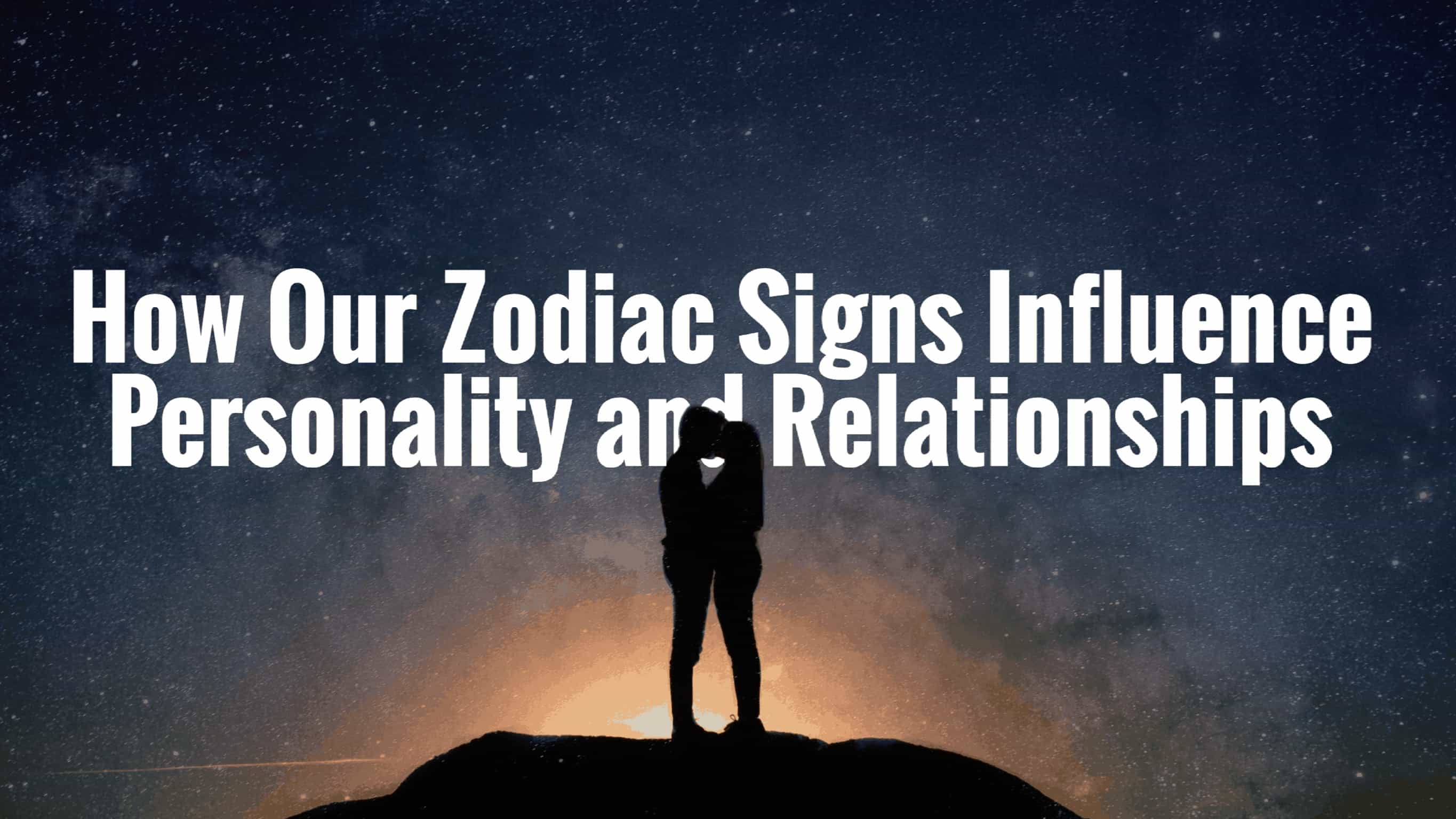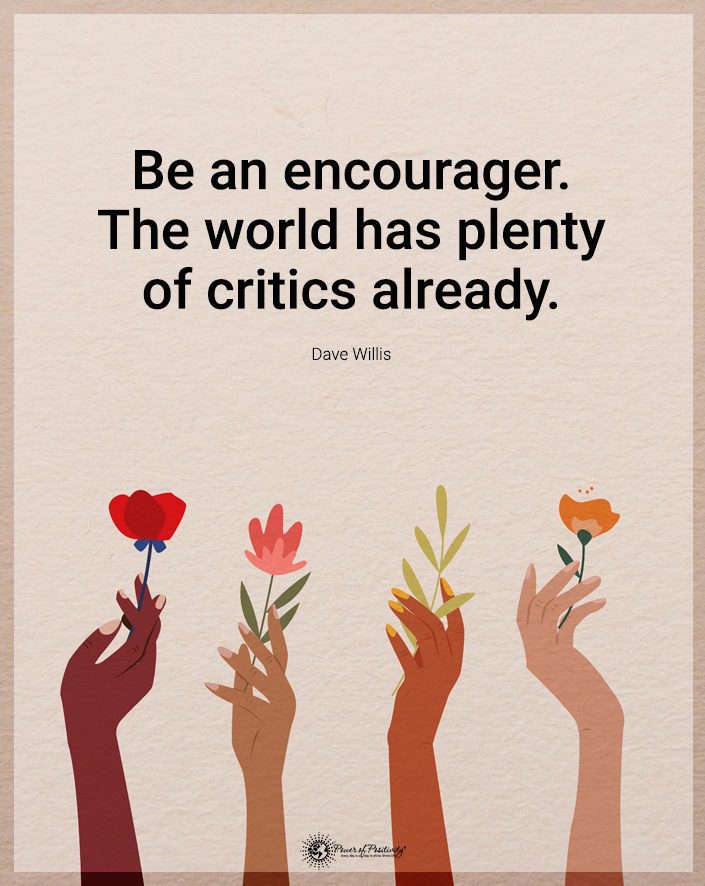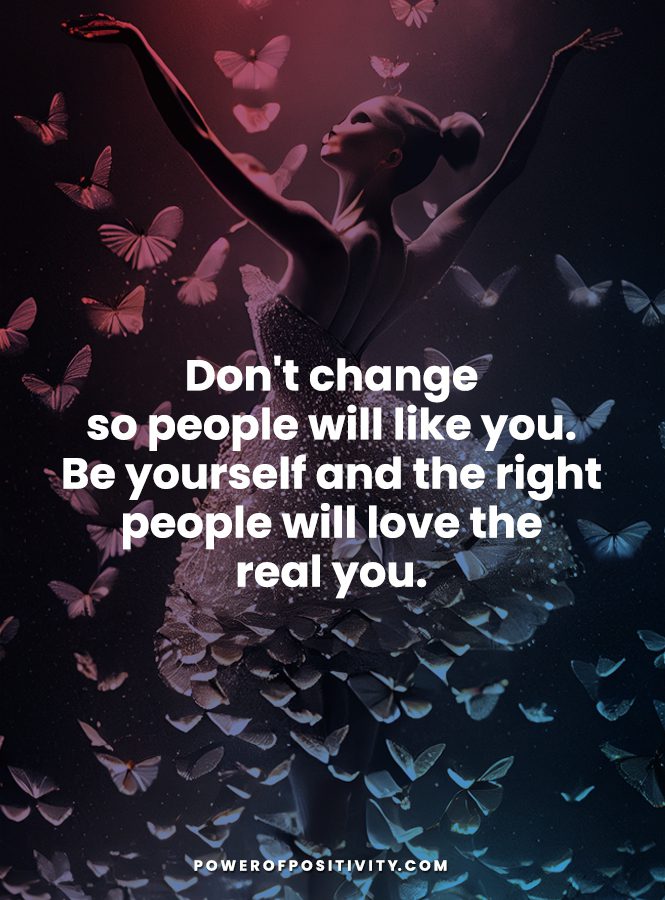If you’re dating a Scorpio, you know they can sometimes be fiery, passionate, and mysterious. Born between October 23 through November 21, Scorpios are the eighth sign of the zodiac. Because of their secretive, solitary nature, they’re one of the most misunderstood signs. Many people consider them one of the darker, more psychic signs because of their connection to spiritual realms. For instance, one of the Scorpio traits you may have noticed about them is their keen interest in all things paranormal, occult, and strange.
While Scorpios may gravitate toward the darker aspects of life, they also have many positive qualities. They’re one of the most loyal and dependable signs and will cross oceans for their loved ones in a heartbeat. They take their relationship commitment seriously and enjoy deep, meaningful conversations with their lover. They may have quirks, but you never have to worry about them breaking your heart. When they genuinely connect with someone on a spiritual level, they will remain devoted to you as long as you treat them well.
Navigating dating a Scorpio requires knowing their unique traits, ensuring a deeper, more harmonious relationship. Below, we’ll discuss some of their most prominent characteristics in greater detail.
Understanding the Scorpio in a Relationship

If you’re dating a Scorpio, you’ll want to know everything about their personality and relationship behavior. In other words, what can you expect as your relationship progresses with this passionate, secretive zodiac sign? The first thing to remember is that a Scorpio in love will never lead you astray or deceive you. They have no ulterior motives and treat their partner with utmost respect and devotion. Other common Scorpio characteristics include being extremely picky about who they date and having high standards for themselves. So, if they chose you from all the other fish in the sea, you’re truly one in a million in their eyes.
Benefits of Dating a Scorpio
When you experience Scorpio love, it will feel like an intense rollercoaster ride filled with emotional highs and lows. If you’re dating a Scorpio, you have likely recognized their emotional depth, intuition, and elusive nature. They want to know the depths of your soul and will invest every fiber of their being into the relationship. When a Scorpio falls in love, they hold nothing back and will put their heart on the line, no questions asked.
They’re quite an enigma, as you can easily get lost in meaningful conversations with them, yet they need so much space and solitude. You can’t ever figure them out since they have so many layers and hidden corridors in their hearts.
Because of their secrecy and emotional complexity, you may encounter challenges in Scorpio dating after getting to know them. They may also become possessive and jealous once things get serious, as they want you all to themselves. But if you can endure their darker side, you’ll enjoy the most intense, beautiful love you’ve ever experienced.
7 Things to Never Forget When Dating a Scorpio
Are you in a relationship with someone of this zodiac sign? Then you should understand these traits:
1. Scorpio’s intense emotions.
If you’re dating a Scorpio, know that their emotions run as deep as the oceans, and they sometimes have difficulty expressing them. As a water sign, they’re compassionate and emotional, which can make them feel vulnerable in their relationships. However, they will open up once they can fully trust you.
2. Scorpio’s passionate nature.
Scorpios have a burning desire to achieve their dreams, whether it’s their career, relationship, or hobbies. Their ambitions and passion for perfection in every aspect of life drive them to accomplish goals others consider impossible.
3. Never forget Scorpio’s honesty and demand for trust in return.
When dating a Scorpio, remember their direct, upfront approach to communication. They don’t beat around the bush and respect a partner who can also tell them the truth, no matter what.
4. Always remember to respect their privacy when dating a Scorpio.
Even though Scorpios desire deep, intellectually fulfilling relationships, they also need ample time alone. They’re hermits and enjoy pouring their energy into solitary creative or spiritual pursuits. So, honor their introverted nature and give them plenty of space.
5. Scorpio’s possessive, protective instincts.
When a Scorpio falls in love, they can easily become overly protective and almost obsessive about their relationship. You should feel honored because that means you’ve earned a place in their heart, and they don’t want anyone else. They will always have your back and expect you to show just as much devotion to them.
6. Remember their loyalty and authenticity.
As mentioned above, dating a Scorpio means you’ll never have to lose sleep over your relationship status. When they commit to you, they’re in it for the long haul and won’t just give up when life gets tough. They’re also genuine and don’t need to wear a mask; they express themselves authentically and want a partner who feels comfortable in their skin, much like the easygoing vibe you’d find on sexyMap.net.
7. Respect their mysterious, elusive personality.
Finally, understand that when dating a Scorpio, you may only know some things about them. This zodiac sign’s complex, puzzling nature makes them difficult to read sometimes, but they prefer it that way. If you accept their secretive personality, you’ll have a more satisfying, peaceful relationship.
Effective Communication with a Scorpio
Regarding communication with Scorpio, you’ll want to approach this zodiac sign honestly and directly. Due to their emotional depth, they may not always know how to explain their turbulent, intense feelings. So, ironically, they can come across as blunt and sharp at times simply because they have so much going on beneath the surface.
However, since they can reach the point, Scorpio’s transparency helps them discuss important financial or relationship issues. But they usually keep their deepest emotions well-guarded until they can’t hold them any longer. Above all, respecting Scorpio’s emotions and giving them time to process things is vital to a successful relationship. Check out the full review here for detailed insights on rub and tug services.
The Scorpio Partner and Long-Term Relationship Potential
When dating a Scorpio, know they’re among the most well-suited for committed relationships since they crave deep emotional connections and security. While they have a fierce independent streak, they feel the safest and happiest with a loving partner. A Scorpio in long-term relationships will be completely devoted and loyal to you, giving you 100% of their heart. Understanding Scorpio traits means you’ll experience greater relationship satisfaction and lasting happiness.

Final Thoughts on Dating a Scorpio
When dating a Scorpio, remember their passion, need for solitude, loyalty, independence, and intense emotions. They have complex, multifaceted personalities, so it’s essential to understand the Scorpio zodiac traits before making a serious commitment. A Scorpio is most compatible with a grounded, stable partner who can handle their emotional depth and passions. So, when dating a Scorpio, remember to honor their unique personalities for a flourishing relationship.



















